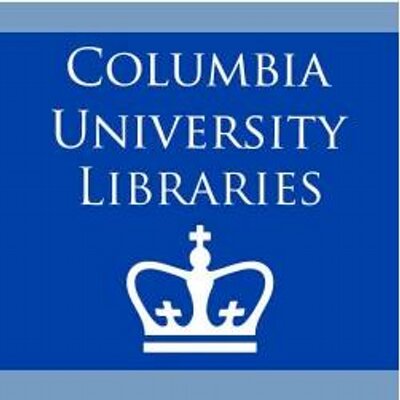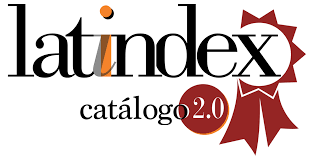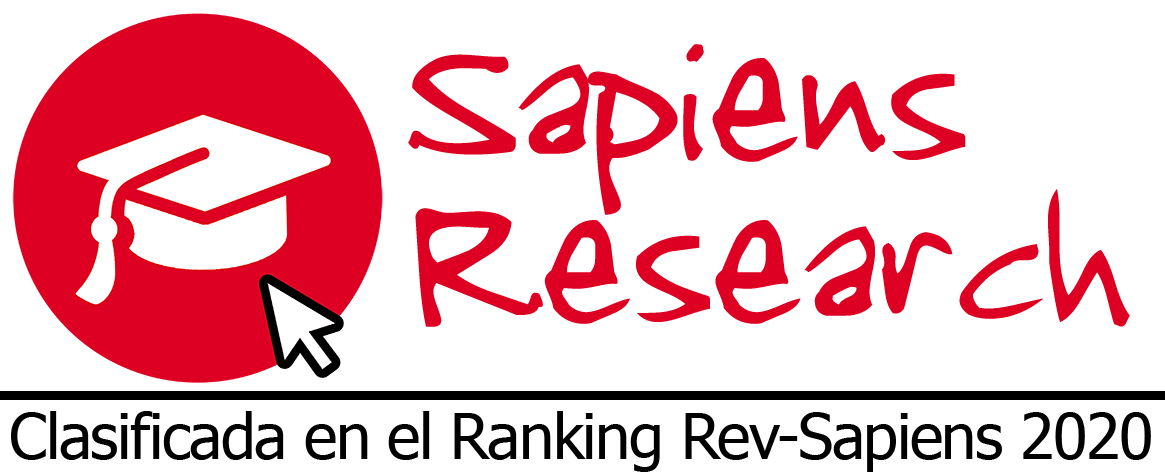Revista de Arquitectura is an open access journal. More information...
Authors retain copyright and grant to the Revista de Arquitectura the right of first publication, which will be simultaneously subject to the Creative Commons (CC) BY-NC license.
Authors will sign a non-exclusive distribution license for the published version of the article by completing (RevArq FP03 Permission to Reproduce).
Self-archiving will comply with SHERPA/RoMEO guidelines and the Green classification.
To see in detail these guidelines, please consult...
Abstract
Currently, architecture teaching processes and methodologies are guided by transdisciplinary approaches. The different procedures to address problems in the professional practice, not only lead us towards classroom and individual design, but they vindicate empowerment settings in the communities through participative design with the applied techniques from "design laboratories" based on experience. This paper reviews learning methods within the context, in collective and experimental project settings; understanding that the "role of the designer" is guided towards creativity in order to become action and method facilitator, and towards the linkage of the different agents that take part in the construction of their surroundings. The main aim is to understand participative design, giving emphasis to the need in formulating strategies that guide architecture teaching from the processes of social participation and the formulation of models based on community experience. In conclusion, the analysis intends to give a characterization of the different instruments for instruction as an answer to context problems with a need of urban, socioeconomic, and environmental habitability.

References
Annicchiarico Bonett, W. A. (2011). Aprendamos la ciudad como espacio de investigación. Barranquilla: Universidad del Atlántico.
Barrera Jurado, G. (2009). Diseño socialmente responsable: ideología y participación. Bogotá: Pontificia Universidad Javeriana.
Cronos, G. (1997). Enseñar la ciudad: didáctica de la geografía urbana. Madrid: Ediciones de la Torre.
Ehrlich, T. (2000). Civic responsability and higher education. Westport: American Council on Education an Oriyx Press - Series on Higher Education.
Escobar Téllez, G. (1994). Manual de planificación participante. Manizales: Universidad Nacional de Colombia.
Fontaines Ruiz, T. y Rodríguez, Y. (2008). Estructuras e interacciones en la construcción del conocimiento. Una propuesta a partir de los planteamientos teóricos de Piaget y Vigotsky. Revista Laurus, (28), 97-121.
Guallart, V. (2004). Sociópolis: proyecto para un hábitat solidario. Barcelona: Actar.
Llanos Jaramillo, A. (2011). La enseñanza en la arquitectura. Reflexiones sobre procesos pedagógicos, investigativos y proyectuales. Tunja: Universidad de Boyacá.
Martínez, M. (2008). Aprendizaje servicio y responsabilidad social de las universidades. Barcelona: Octaedro-ICE.
Ministerio de Educación Nacional (1996). Educación para la democracia, el desarrollo, la equidad y la convivencia. Bogotá: El Ministerio.
Saldarriaga Roa, A. (1997). Aprender arquitectura: un manual de supervivencia. Bogotá: Editorial Corona.
Schein, E. H. (1998). El cambio personal y organizacional a través de métodos grupales: la formación de laboratorio. Barcelona: Herder.
Tapia, M. (2000). La solidaridad como pedagogía. Buenos Aires: Ciudad Nueva.
Universidad Católica de Colombia (2010). Proyecto educativo del programa de Arquitectura. Bogotá: Universidad Católica de Colombia.
Entrevistas
Maul, A. (21 de noviembre de 2013). Entrevista sobre el concepto de laboratorio social.
Smith, M. (20 de noviembre de 2013). Entrevista sobre el concepto de laboratorio social.
Villacís, E. (23 de noviembre de 2013). Entrevista sobre el concepto de laboratorio social.


































